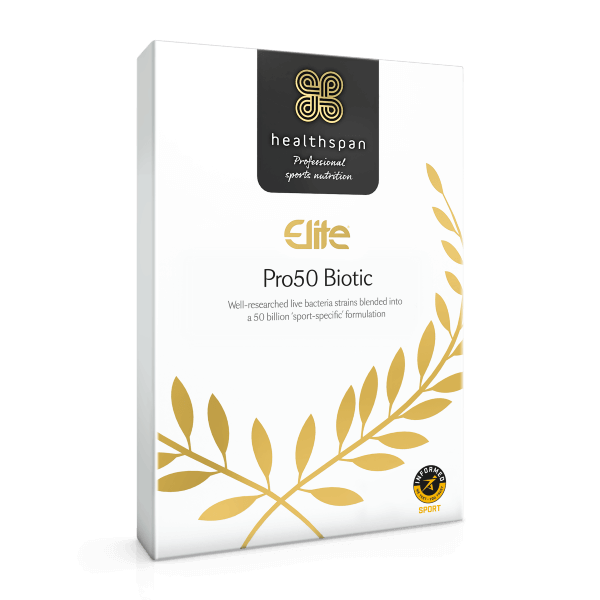Causes of GI complaints among athletes vary from blood flow and gut permeability to the posture of the athlete or the repetition of high impact mechanics (such as those suffered by marathon runners). Nutritional causes also have a major role to play.
Likewise the effects and severity of complaints are highly individualised and range from nausea and belching to more serious symptoms. One thing is clear however, GI complaints have the potential to, and do have a negative impact on performance.
Avoiding GI Complaints - Nutritional Interventions
Hydration
It may seem like common sense, but you must start your race or training well hydrated. If you are not well hydrated your digestive system will not function properly and this can aggravate GI symptoms.
Reduce your fibre intake
Fibre plays an important role in keeping you regular, however in the run up to race day, and indeed during an endurance event it is advisable to avoid foods that are high in fibre. High fibre intake in the run up to endurance events can increase bowel movements which leads to fluid loss, and has been linked to a higher prevalence GI complaints.
Friendly-bacteria
The digestive tract is home to trillions of bacteria and it is important to maintain a healthy balance of good or 'friendly' bacteria. Probiotics help to repopulate friendly bacteria which in turn help to aid digestion and nutrient absorption. Probiotic yogurts are well known for containing probiotic cultures but they can prove to be expensive.
Fruit and vegetables
Everyone knows that achieving five portions of fruit and vegetables a day is important to ensure that you are getting all the nutrients that you need from your diet.
What is less well known is the role that alkaline forming fruit and vegetables have in reducing acidity in the gut. Blood pH has a slightly alkaline range 7.35-7.45, and when more alkaline forming foods are introduced into the diet urine becomes slightly more alkaline indicating that less acid needs to be removed from the blood. Smoothies are a great way to increase your intake of fruit and vegetables.
Understand what works for you
The last thing you want is to be caught out on race day. During training experiment with different pre-race meals, digestion supplements and fuelling strategies to find out what works best for you.

Pro50 Biotic
'Friendly' bacteria specifically chosen for competing athletes
- 50 billion live bacteria
- Five well-researched strains
- Supports the protective intestinal microflora in the gut







